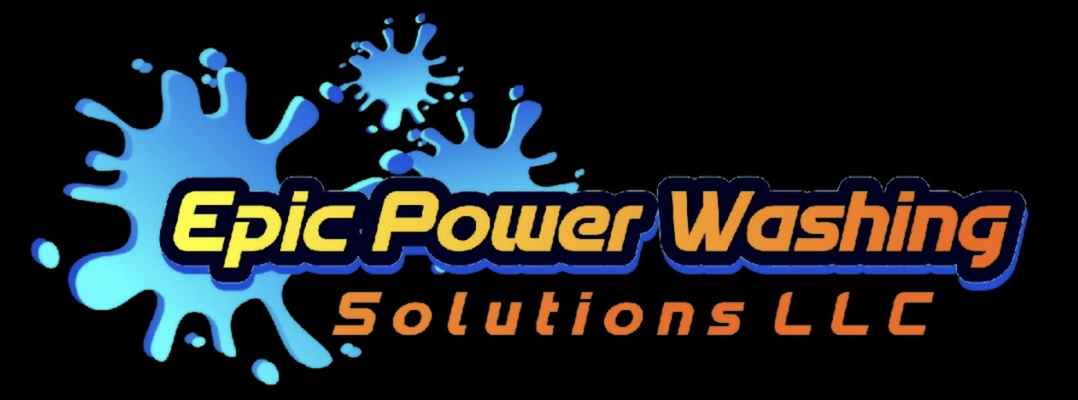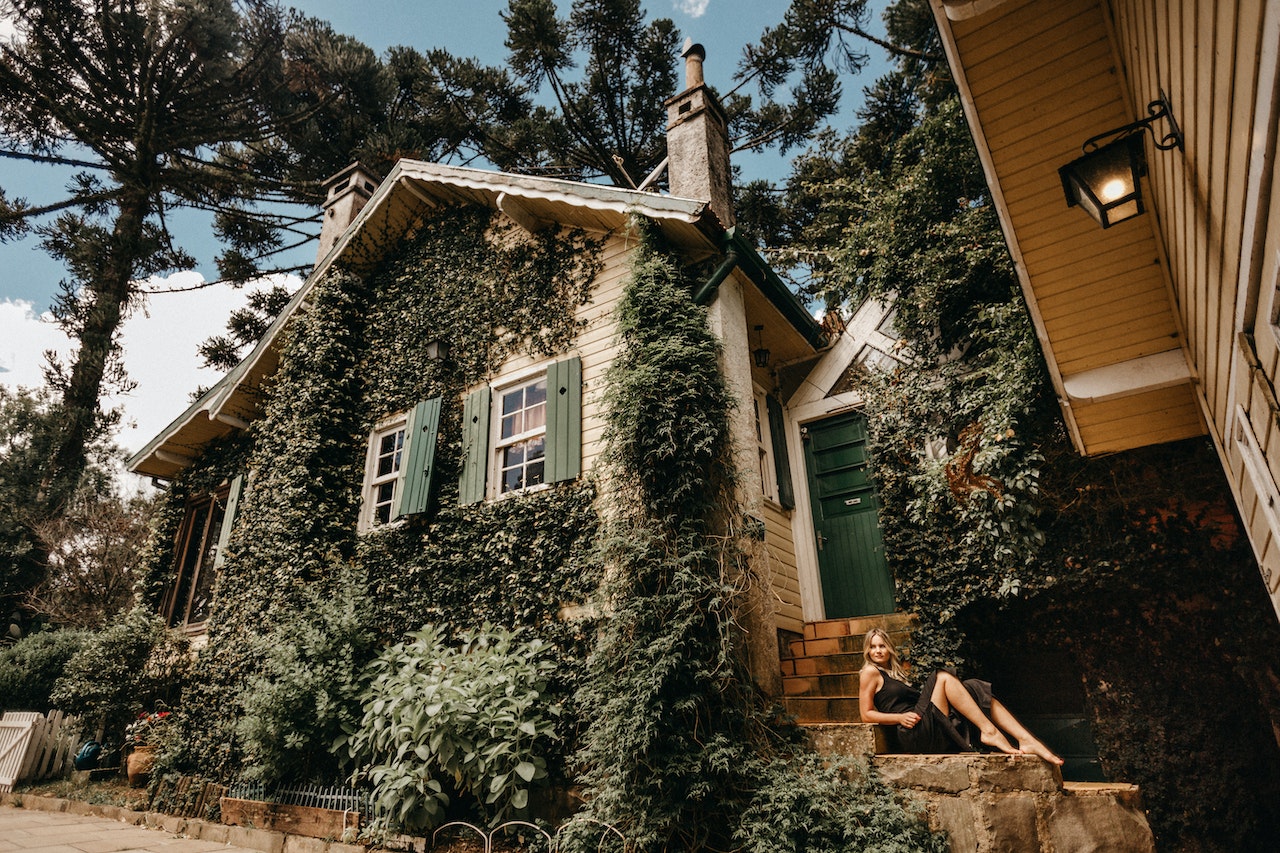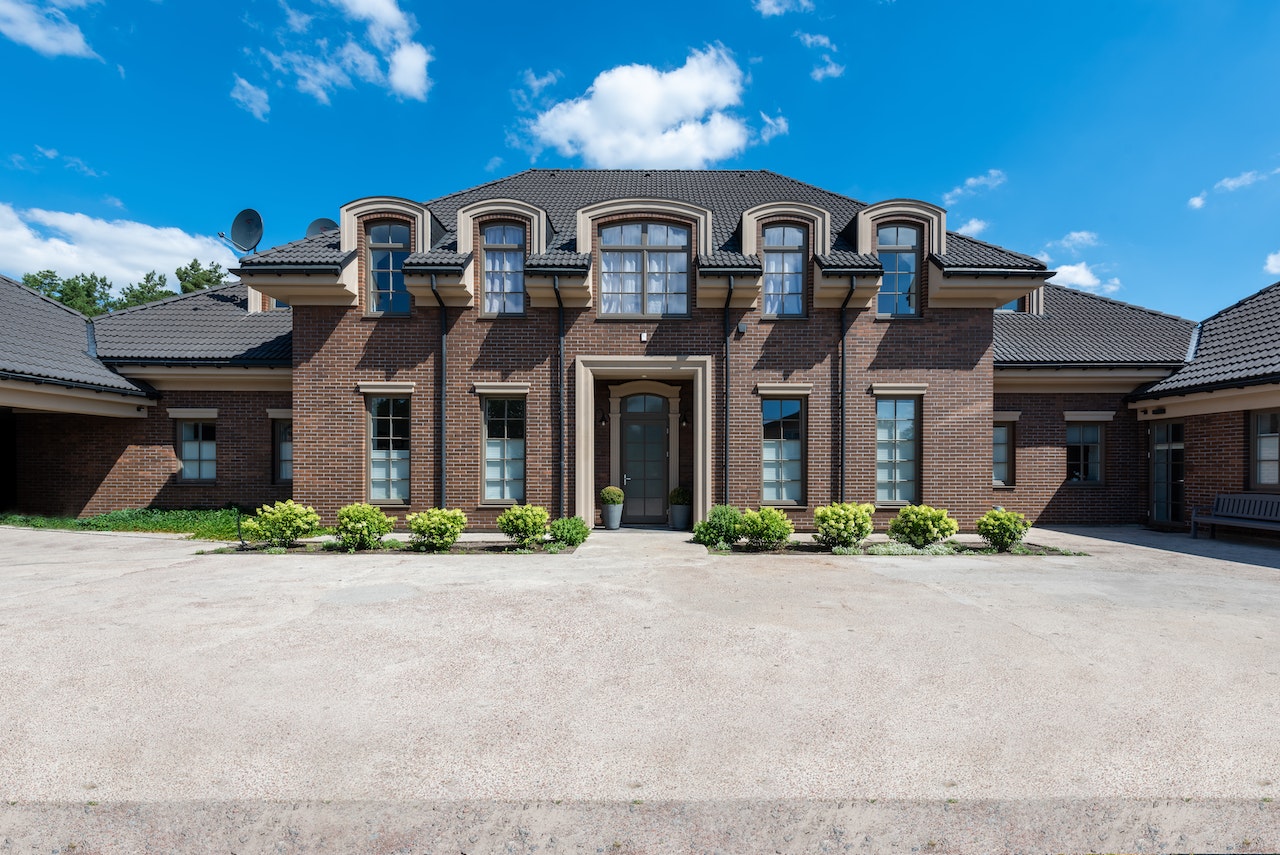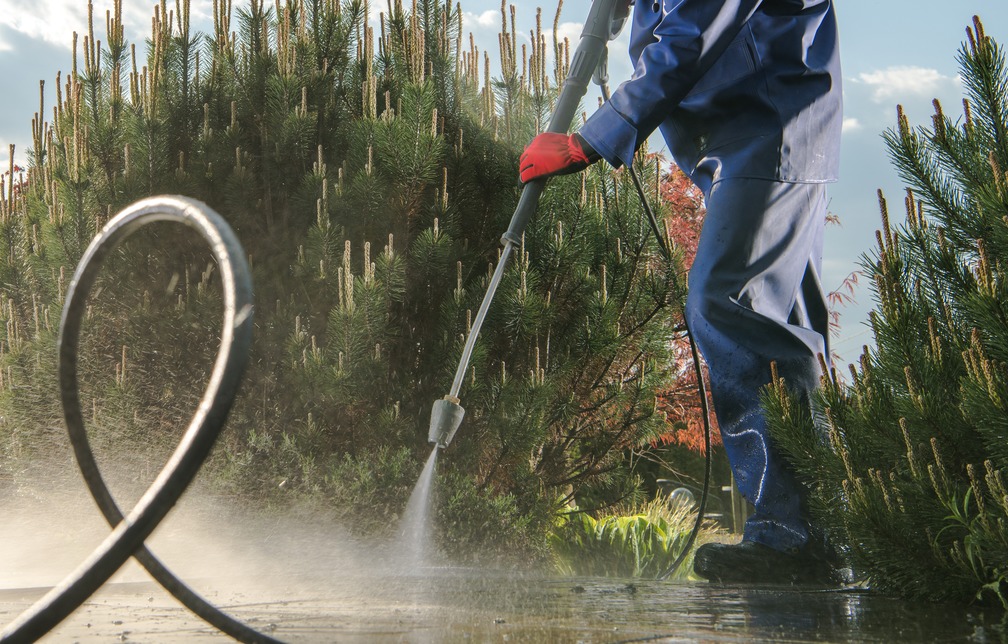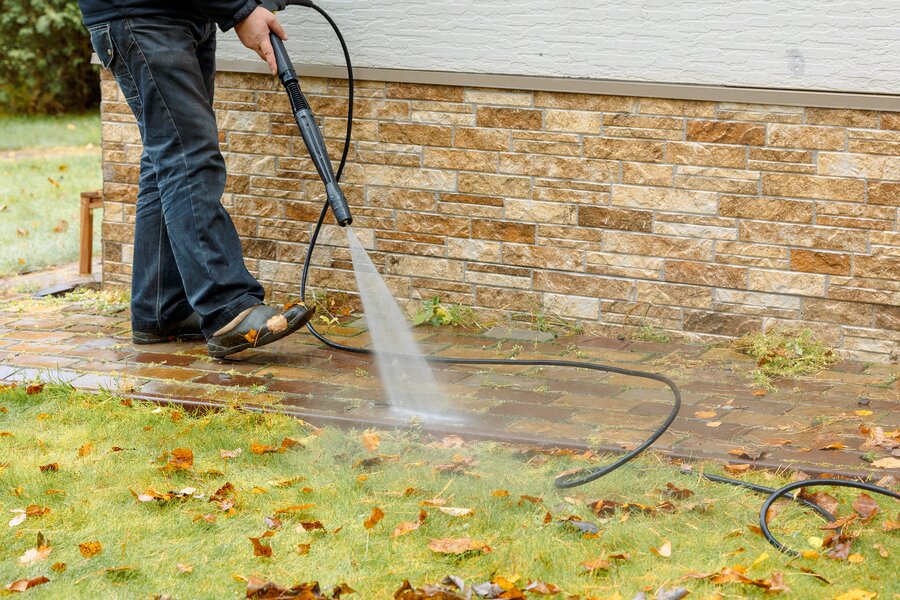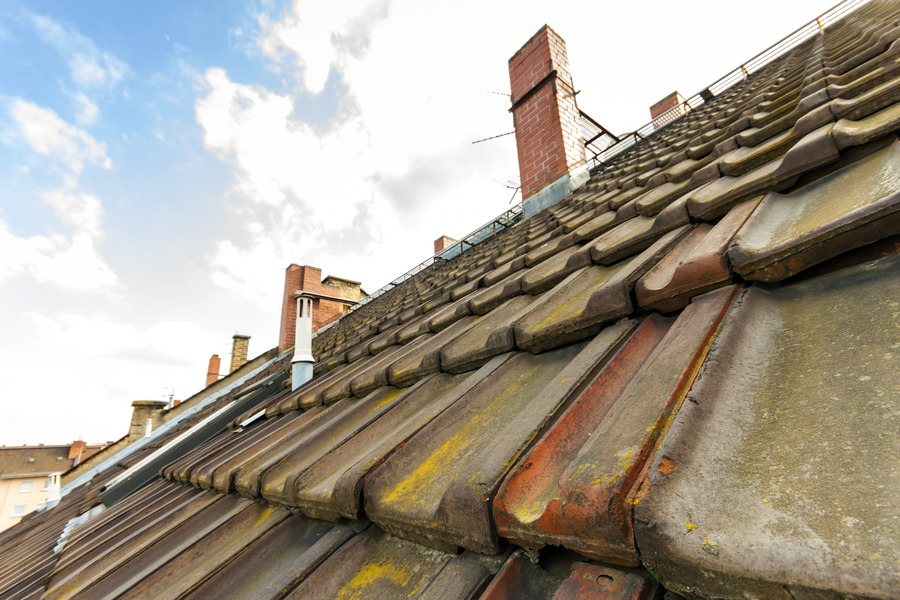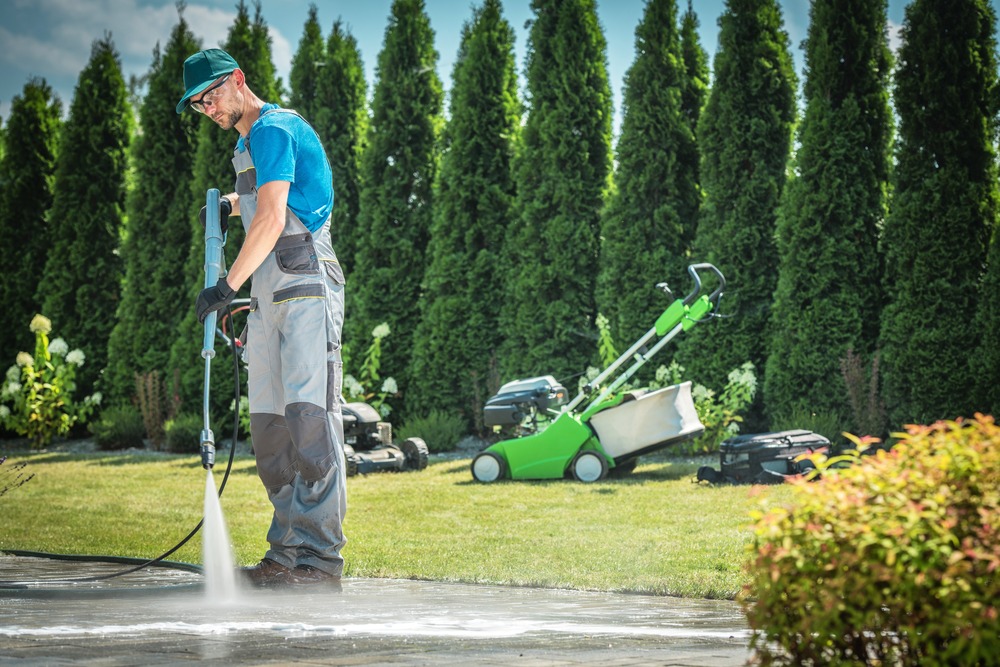
There are many reasons why people might choose to DIY pressure wash their homes rather than hire a professional. For some, it may be a matter of cost – pressure washing equipment can be expensive to rent or purchase, and hiring a professional can be even more costly. For others, it may be a matter of convenience – pressure washing can be a time-consuming task, and doing it yourself may be more convenient than scheduling a professional.
Different surfaces require different types of pressure washing equipment in order to avoid damage. Homeowners often pressure wash their siding, deck, and driveway without knowing that using the wrong type of equipment can damage their property.
To avoid this, it is important to be aware of the different types of pressure-washing equipment and which ones are meant for which surfaces. In this guide, we'll examine whether DIY pressure washing is dangerous and give some tips for doing it safely.
Can DIY Pressure Washing Be Dangerous?
Yes, DIY pressure washing can be dangerous if you don't know what you're doing. Pressure washing equipment is powerful and can cause serious injury if not used properly. In addition, using the wrong type of equipment on a particular surface can damage your home or property.
Some pressure washers can output water at over 3000 PSI. To put that in perspective, a standard garden hose outputs water at about 40 PSI. So, it is easy to see how too much pressure from a pressure washer can cause some serious damage.
If you're using a pressure washer, it's important to make sure you're using the right ratio of cleaning solution to water. Otherwise, your cleaning won't be as effective, and you may end up damaging your surfaces by using too much pressure. Water-only mixtures can also spread mold spores, which can be costly to fix.
Tips for DIY Pressure Washing
1) Pressure Wash in a Wide Fan Pattern
When using a pressure washer, always aim the nozzle in a wide fan-shaped pattern. This will help distribute the water pressure evenly across the surface you are cleaning. Trying to clean a small area at a time can result in uneven cleaning and potential damage to the surface.
2) Be Mindful of Nearby Electrical Hazards
Be sure to keep an eye out for any potential electrical hazards when pressure washing. Water and electricity do not mix, so be sure to keep the pressure washer away from any electrical outlets or cords. Also, be aware of any puddles or standing water that could present a shock hazard.
3) Pressure Wash in Order
When cleaning your home or property, it is best to start with the lowest pressure setting and work up to the highest. This will help you avoid any potential damage to your home or property.
If you plan to clean your windows on the same day, we recommend pressure washing first. Cleaning in the wrong order can make your cleaning efforts pointless and a waste of money. If you clean your windows first and then try to pressure wash them, you will end up making your windows dirty again.
Conclusion
Pressure washing your home yourself can be a rewarding experience. It can save you money and give you a sense of satisfaction. However, it is important to remember that safety should always come first.
If you're considering a deep clean, Epic Power Washing Solutions can help you out. We offer commercial building pressure washing that will be completely safe and done by professionals. Get in touch with us today to learn how.
